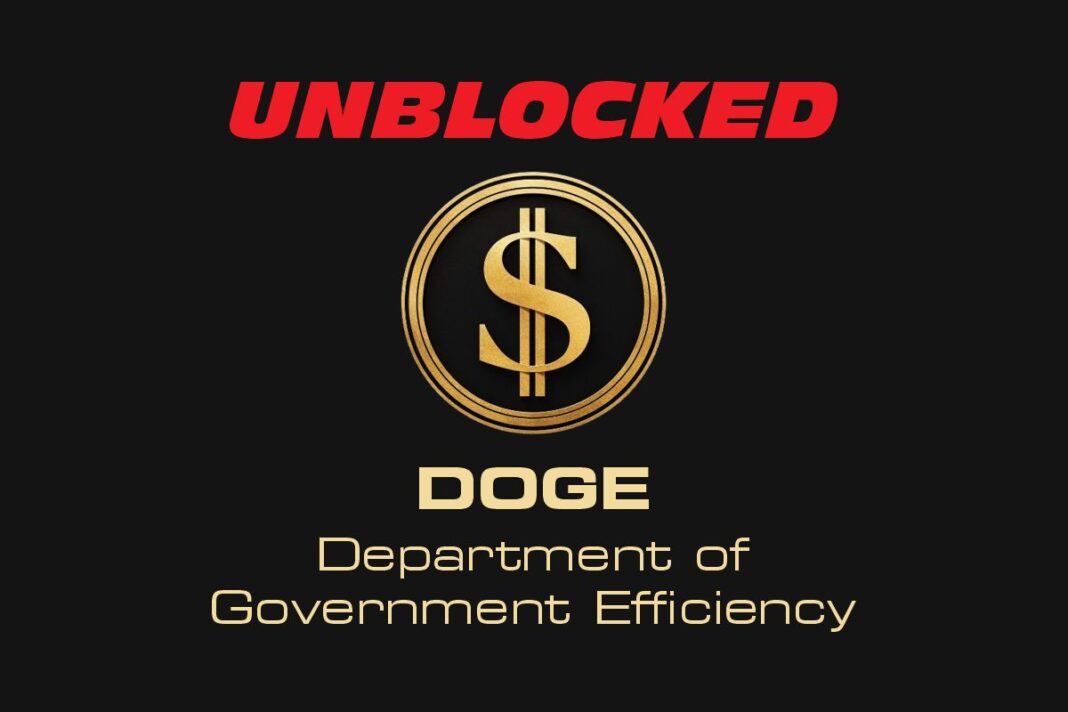A Washington judge has found no evidence of potential harm or data misuse.
A federal judge in Washington has refused to block staff from the Department of Government Efficiency (DOGE) from accessing the Treasury Department’s systems that contain millions of Americans’ personal data.
U.S. District Judge Colleen Kollar-Kotelly—who previously restricted DOGE’s work at the Treasury to two employees with read-only access—issued a decision on March 7 that rejects a request from the Alliance for Retired Americans and several employee unions to bar DOGE staff from the Treasury’s Fiscal Service system, which processes roughly 90 percent of federal payments.
In her ruling, Kollar-Kotelly determined that the plaintiffs had failed to establish that allowing DOGE employees access to the system would result in irreparable harm.
“If Plaintiffs could show that Defendants imminently planned to make their private information public or to share that information with individuals outside the federal government with no obligation to maintain its confidentiality, the Court would not hesitate to find a likelihood of irreparable harm,” the judge wrote.
She found no indication of any plans to misuse or improperly disclose sensitive data, and noted that the plaintiffs are free to return to court to seek emergency remedy if these circumstances change.
The decision also lifts Kollar-Kotelly’s earlier access restrictions, which had permitted two DOGE-affiliated individuals to view the Fiscal Service system on a read-only basis.
The Epoch Times has contacted counsel for the plaintiffs with a request for comment on the ruling.
DOGE staff remain barred from the Fiscal Service under a separate order issued by U.S. District Judge Jeannette Vargas in New York.
Vargas, responding to a lawsuit from 19 Democratic attorneys general, partially granted their request to block DOGE personnel from the Treasury’s payment system, citing concerns over insufficient vetting and training.
“Indeed, taking the time to adequately mitigate potential security concerns and properly onboard members to engage in this work outweighs the defendants’ immediate need to access and redevelop [the] Treasury system,” Vargas stated in her 64-page order. “Without addressing these issues, the potential consequences of a cybersecurity breach could be catastrophic.”
By Tom Ozimek







